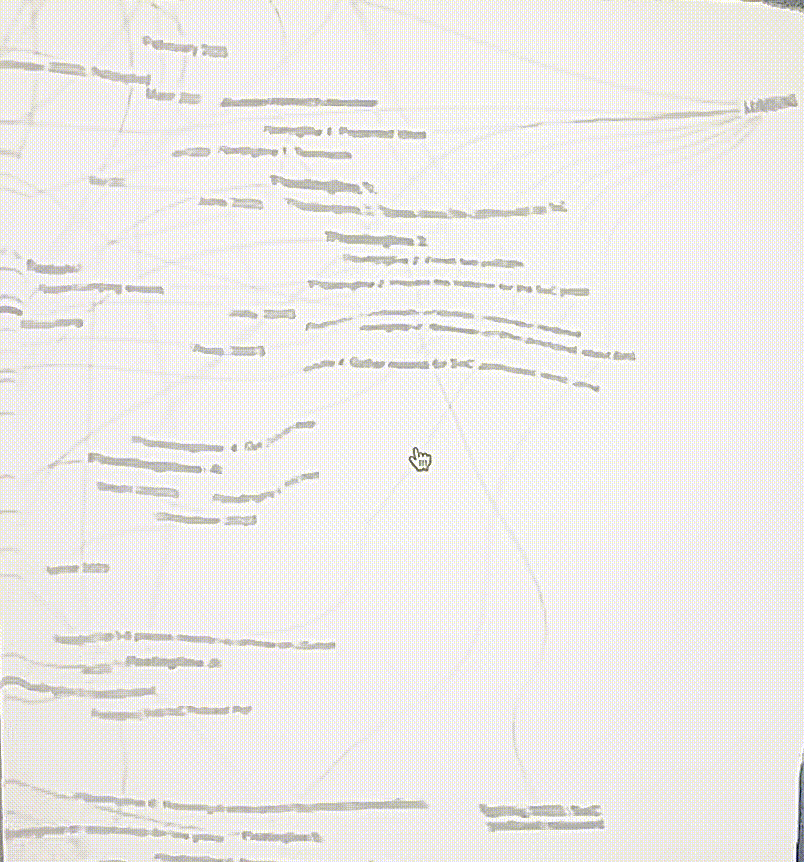Critical Healing draws on queer theory, disability studies, postcolonial theory, and literary studies to theorise productive engagements between the clinical and cultural aspects of biomedical knowledge and practice.
Critical Healing
- Critical healing provides the cultural tools needed for self-advocacy and self-determination. It rejects the sharp boundaries of diagnosis, which can be confining and painful when they fail to extend beyond biomedical explanations. Challenging the norms and restrictive categories that define exclusive territories of normalcy and health, critical healing recognizes the deep knowledge, authority, and ability to heal that resides in those historically marked by medicine with labels such as disordered, diseased, and deviant. The field of health humanities offers medicine an opportunity to engage with critical and cultural healing, to comprehend the cultural scripts, counternarratives, and performances that have strengthened individuals and communities and healed wounds caused by biomedicine itself.
- Critical healing contends with norms and standards that confine, exclude, and erase. It does so through modes of analysis that recognize difference and diversity and through an education in the histories and technologies of oppression.
- Critical healing creates space in the margins for alternatives to normalcy and health, spaces where those deemed misfits are able to flourish. Rosemarie Garland-Thomson theorizes misfitting as the “disjunctures that occur in the interactive dynamism of becoming” in a world that is both material and constructed by discourse (2011, 594). Misfitting creates an outcast status that occurs when there is a “discrepancy between body and world, between that which is expected and that which is,” leading to injustice and discrimination through the materiality of the world as well as through social attitudes and representational practices (593).
- Critical healing identifies the mechanisms of that injustice and discrimination, the cultural and social forces that work through what is perceived as objective scientific knowledge, diagnosis, and treatment.
- By challenging medicine’s contribution to restrictive notions of fitness, the health humanities can more deeply comprehend misfitting and thus particularity, “those singularities [that] emerge and gain definition only through their unstable disjunctive encounter with an environment” (Garland-Thomson 2011, 595). Medicine’s ability to heal or to harm depends on its practitioners’ awareness of particularity, the singularities that can break down the boundaries between the so-called normal and pathological. Medicine must recognize those identities that have been obscured or segregated by conventional norms and diagnoses.
- Health humanities practices—such as critical healing—that engage with unrecognized and underrepresented identities can help make legible to medical practitioners the meanings and narratives bound up in those subjectivities and thus enable agency and strategies of resistance to diagnoses and treatments that may be harmful to particular groups or individuals.
Source: Garden, Rebecca. “Critical Healing: Queering Diagnosis and Public Health Through the Health Humanities.” Journal of Medical Humanities. Last modified August 9, 2018. https://link.springer.com/article/10.1007%2Fs10912-018-9533-1.
👄 Somatic Writing Week
28.06.2021 — 04.07.2021
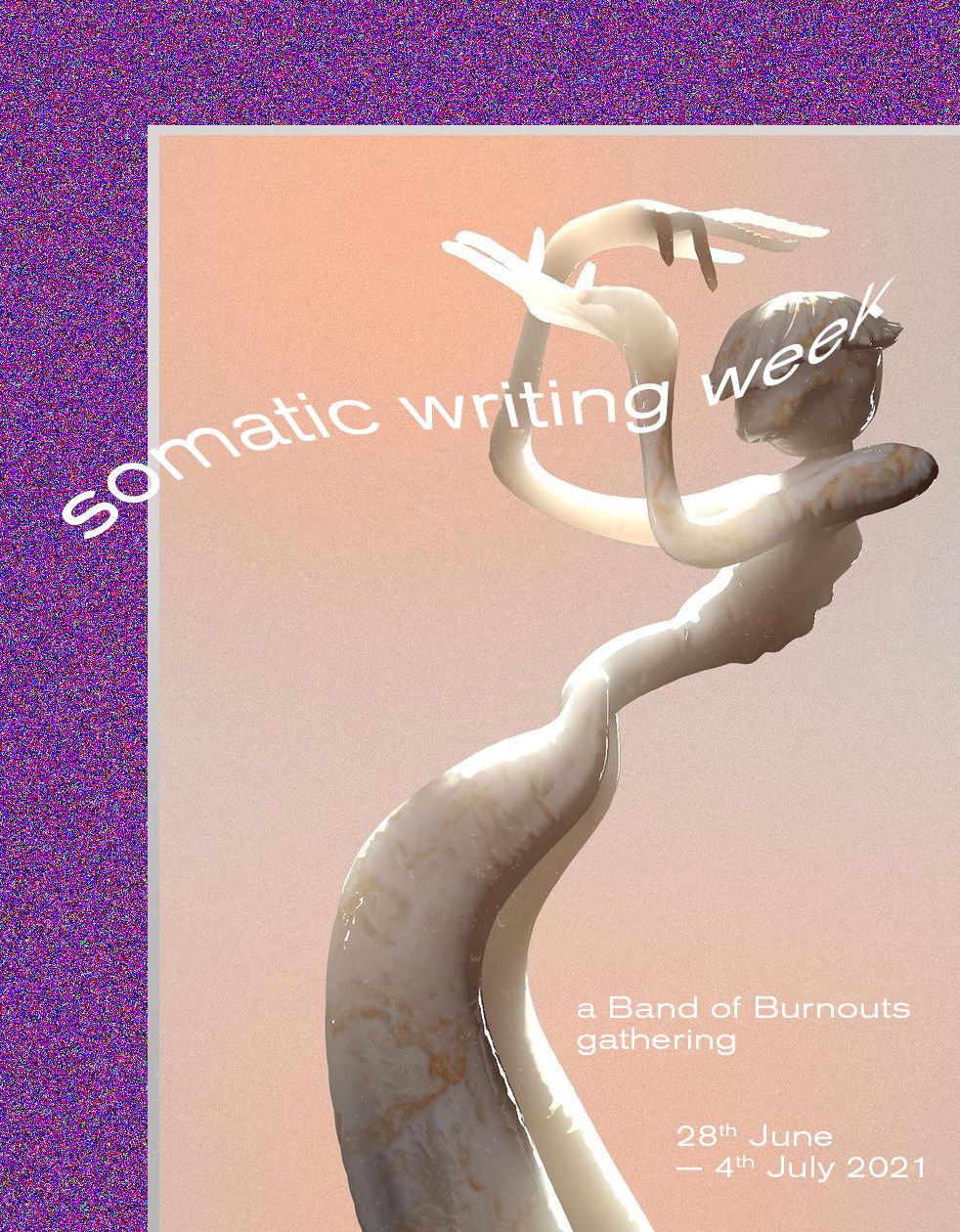
From 28th June – 4th July, we will be gathering with our scholarship receivers for a week of somatic writing workshops, beginning with the Home School’s REGENERATION: (Soma)tic Poetry Rituals for New Growth with CA Conrad. Find out more
PRESS: Our Lab in Page Magazine
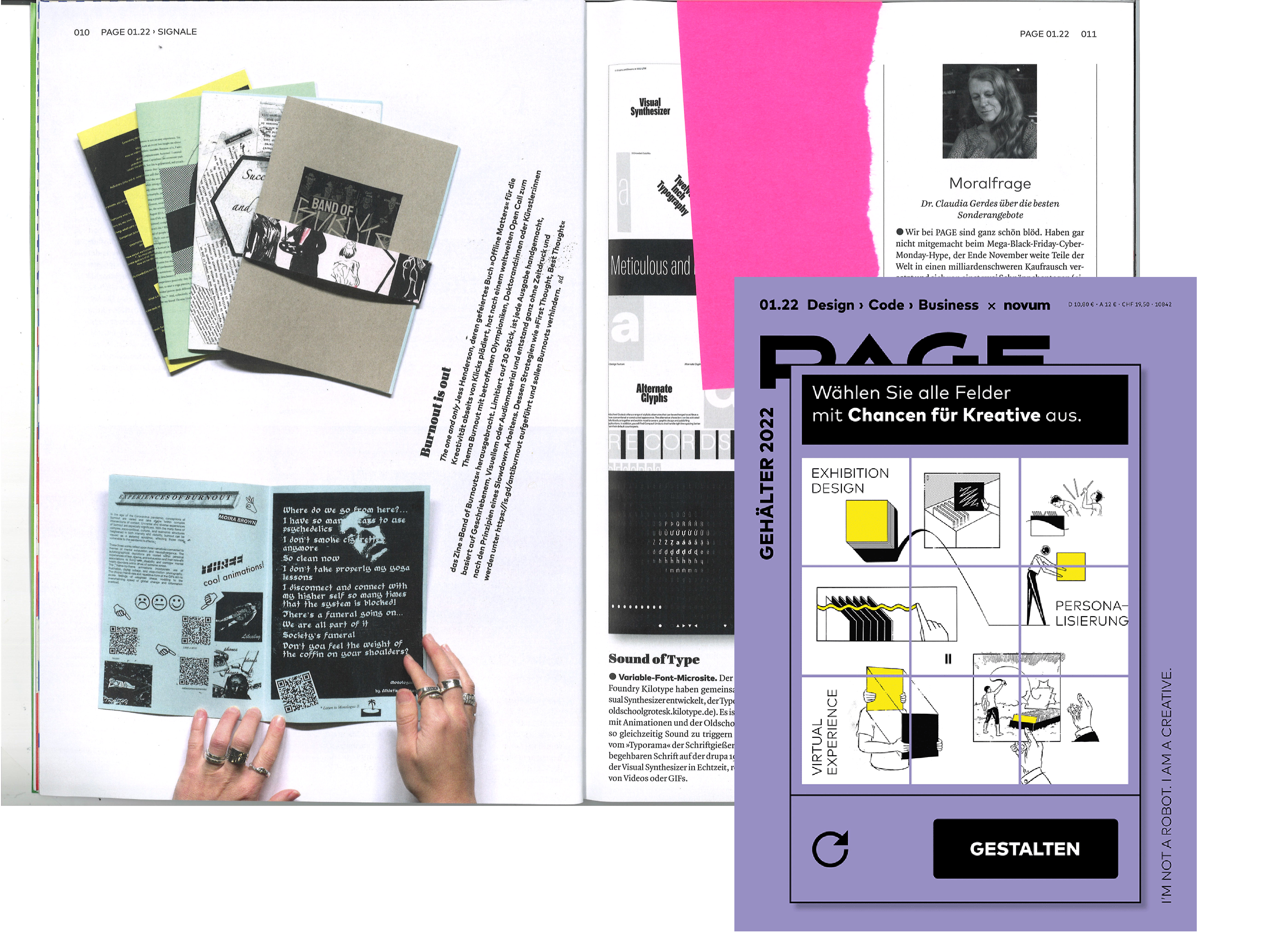
Band of Burnouts zine is featured in the new issue of PAGE magazine. Read more
Introduction to the We Are Not Sick Zine
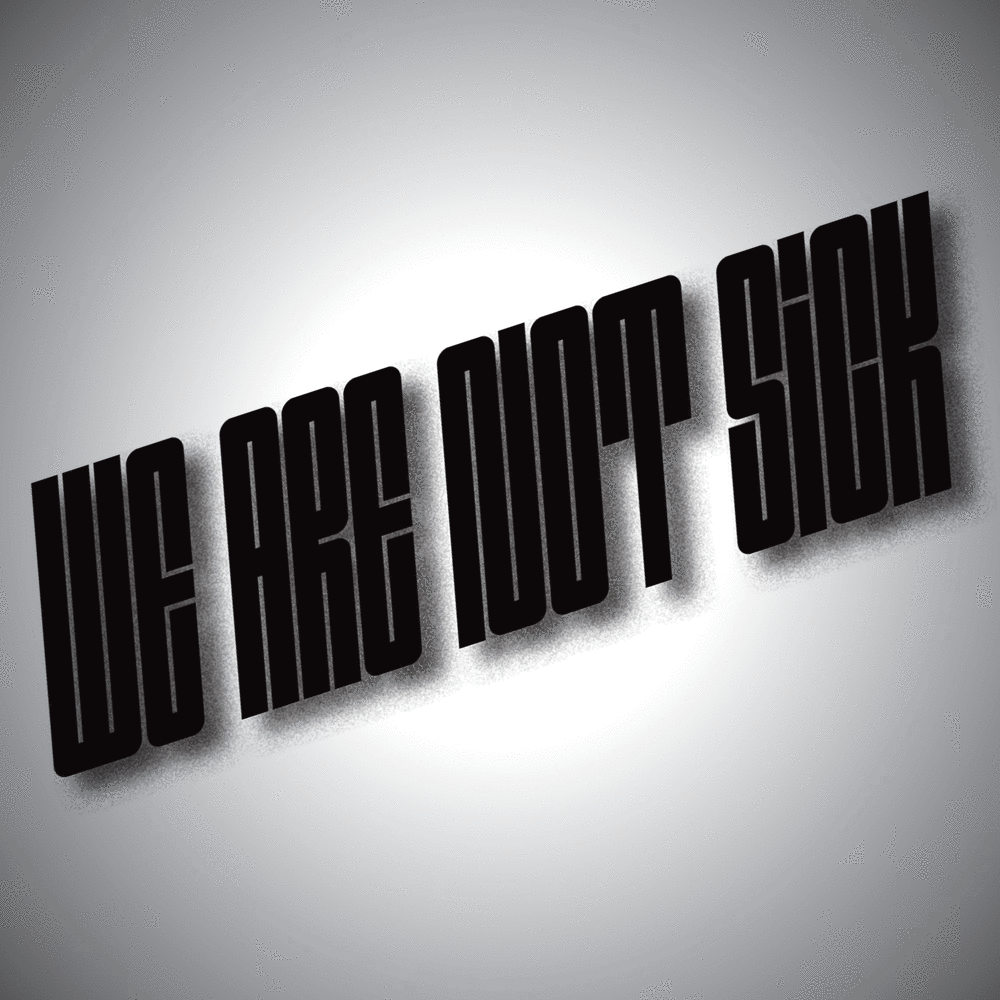
An extract from the special edition zine from our upcoming event with We Are Not Sick at Lange Nacht festival. Read more
Conspiratorial Bleed: Worlding workshop for more than one voice*
17.09.2021 — 18.09.2021, 17:00–22:00 (CET)
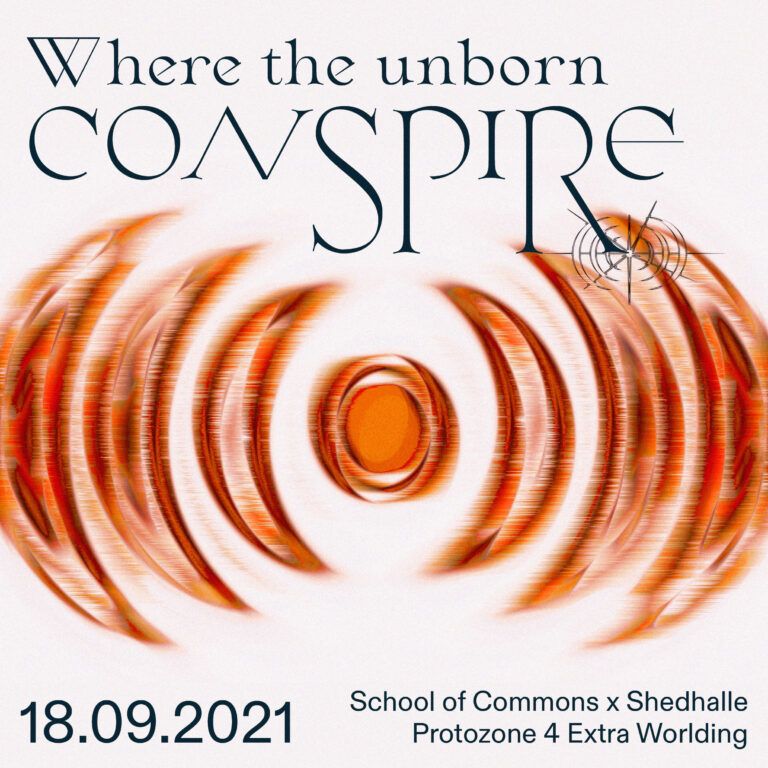
"Everything not saved will be lost" — Nintendo / The End Games Find out more
🌱 Garden Screening: The Wisdom of Trauma ft. Gabor Maté
28.07.2021, 18:00 (CEST)
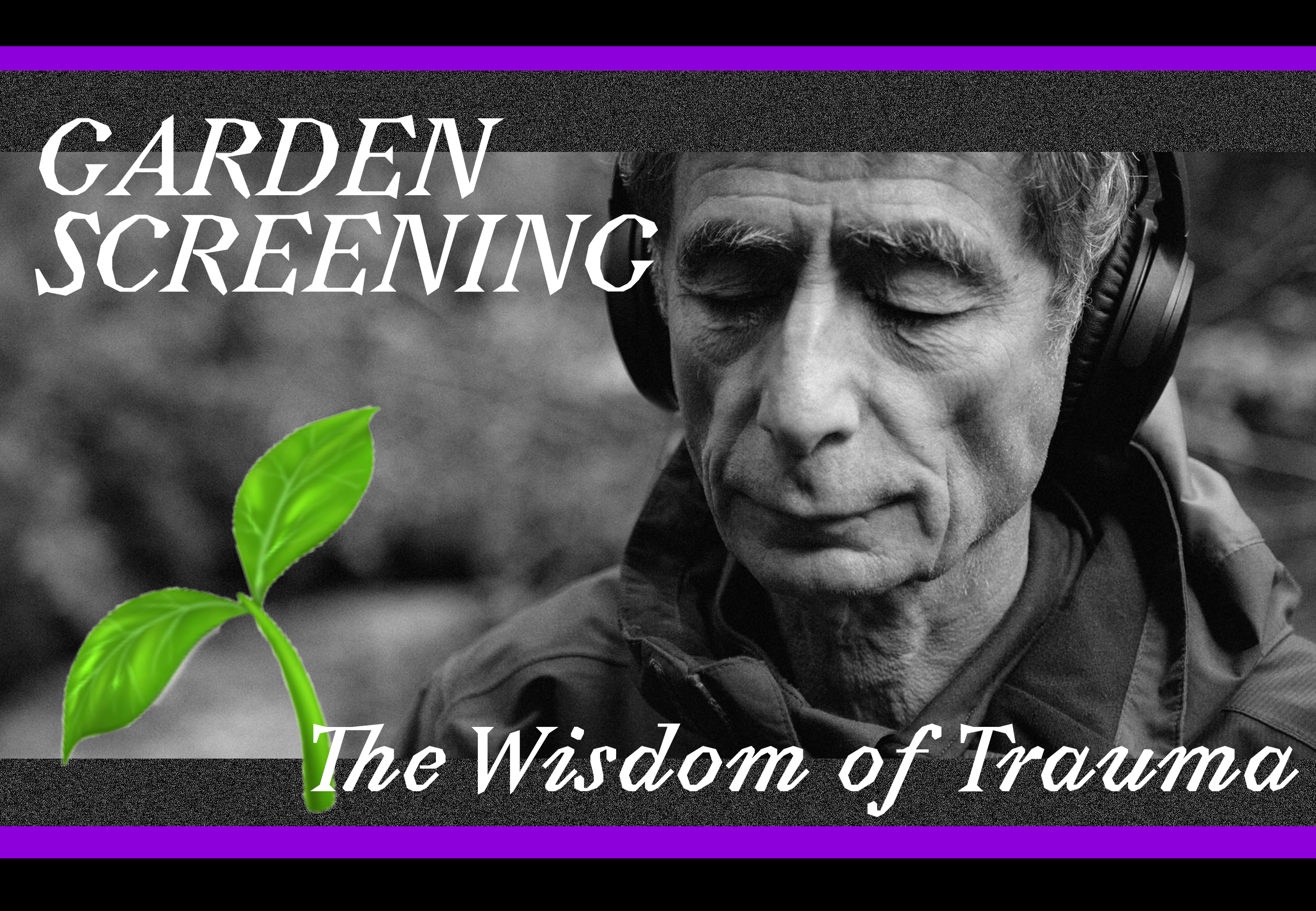
Our Band of Burnouts lab is hosting a garden screening of the new documentary The Wisdom of Trauma (2021) featuring Dr Gabor Maté. Find out more
Reading and Poetic Interventions to Question Canonical Ways of Writing
04.01.2023, 19:00–22:00 (CET)
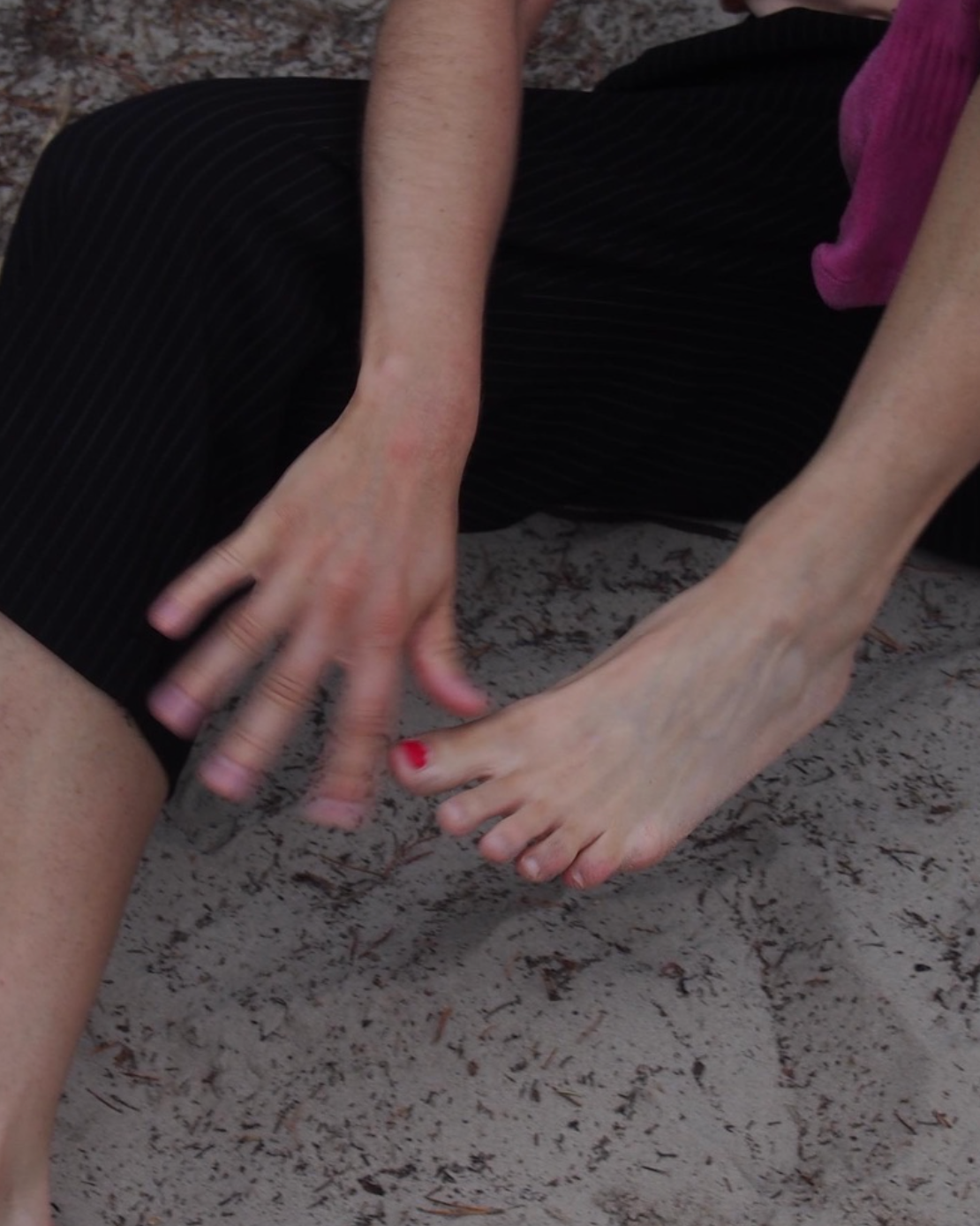
Event series and poetic interventions are organized and run by Anna Kücking, a member of the SoC 2023 Cohort and of the “There, there” working group, who works at the intersection of social work, performance, journalism, and literature. Find out more
Call for Contributions: Print Publication on Burnout
31.05.2021 — 27.06.2021, 10:00–23:59 (CEST)
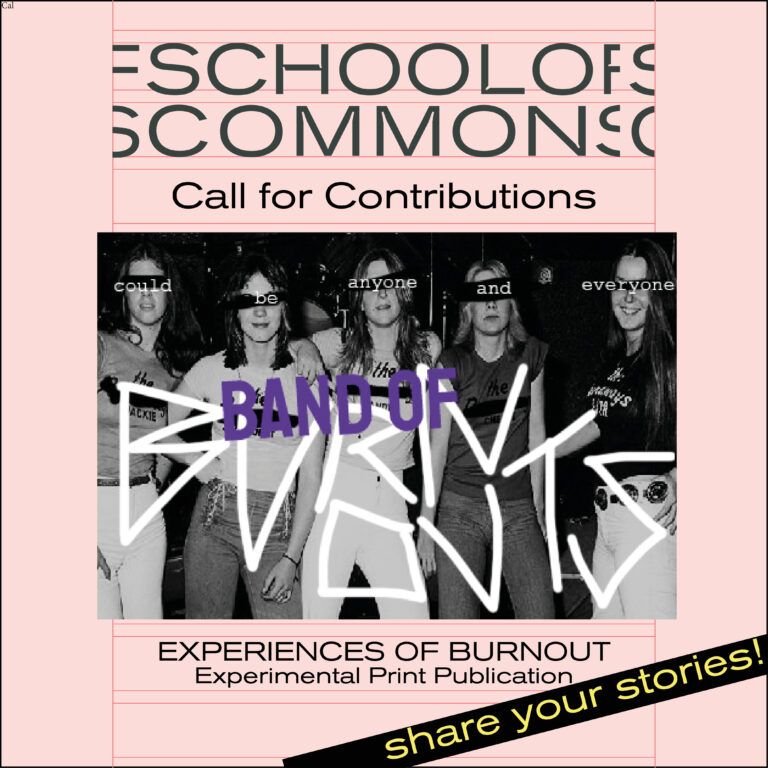
Band of Burnouts is excited to announce our first call for contributions to an experimental print publication sharing experiences of burnout. Find out more
